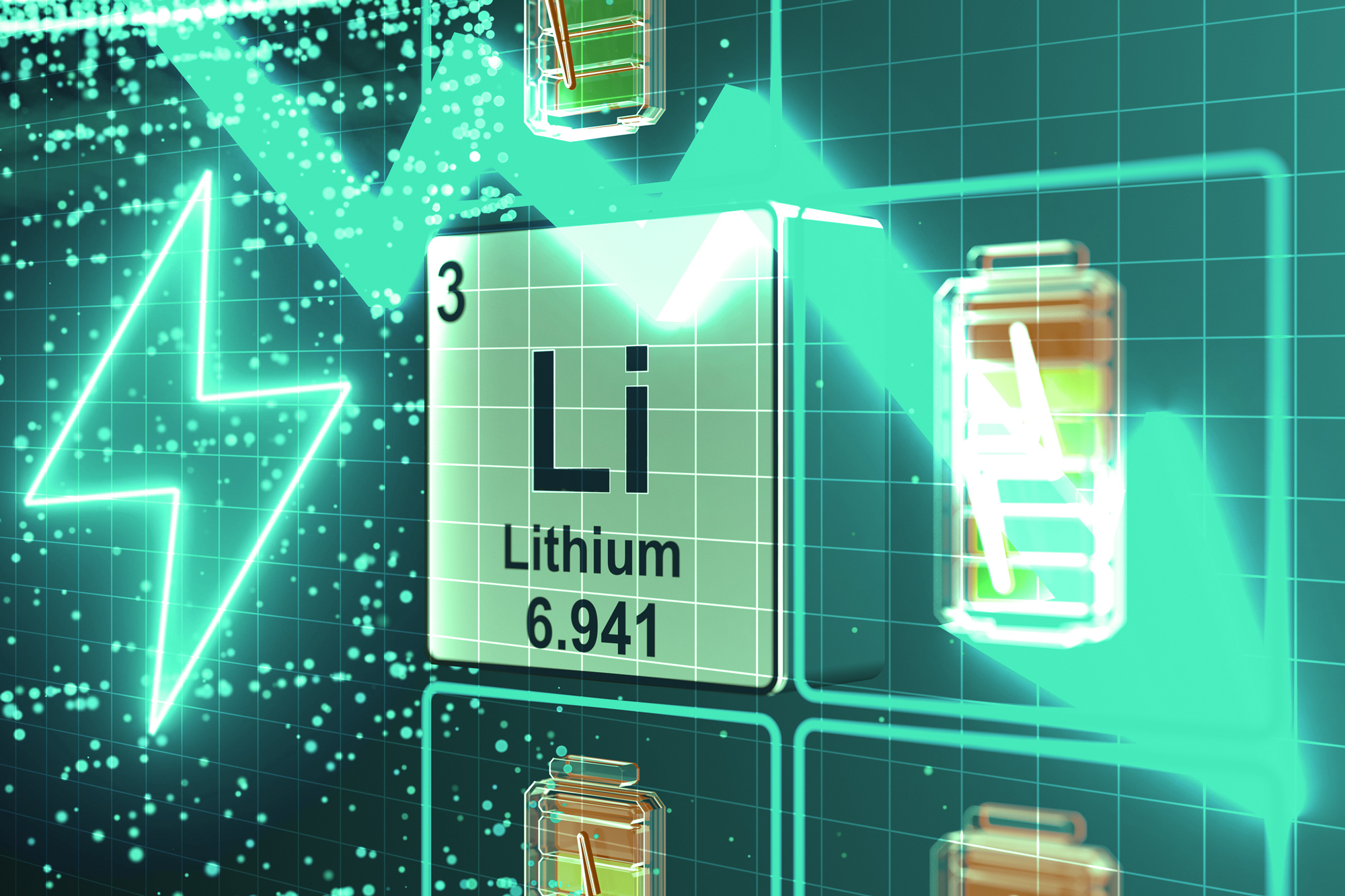
MSc.Max Vargas
Position: Lecturer
Affiliation: Royal Institute of Technology (KTH), Sweden; Universidad Mayor de San Andrés, La Paz, Bolivia
Email: maxvm@kth.se

Lithium-ion batteries are the backbone of modern portable electronics, electric vehicles, and renewable energy storage systems. Their high energy density, long cycle life, and adaptability to different applications make them the preferred energy storage technology for the 21st century. Understanding how they work—and how their performance can be measured, optimized, and applied—is essential for today’s energy engineers, researchers, and industry professionals.
This EXPLORE Energy Digital Academy (EEDA) course bridges the gap between theory and practice by combining interactive learning modules with a hands-on Remote Laboratory on Electrochemical Analysis of Lithium-ion Batteries. Learners will explore the fundamentals of electrochemical characterization, battery operation, and material properties, and will gain direct experience performing remote charge/discharge tests under controlled conditions.
Through a combination of scientific theory, experimental data analysis, and practical exercises, learners will develop both the conceptual understanding and the technical skills needed to interpret battery performance under different operational scenarios.
Course Intended Learning Outcomes (CILOs): By the end of this course, learners should be able to:
Knowledge:
Skills:
Responsibility and Autonomy:
The course evaluation is based on automatically corrected activities within each module plus a final quiz. To pass the course, all content modules and the final evaluation must be successfully completed.
0.54 SMCTS-credits (≈ 15 Estimated Learning Hours).
Basic knowledge of electrochemistry and energy systems is recommended, but not mandatory.

Position: Lecturer
Affiliation: Royal Institute of Technology (KTH), Sweden; Universidad Mayor de San Andrés, La Paz, Bolivia
Email: maxvm@kth.se

Position: Research Assistant
Affiliation: Universidad Mayor de San Andrés, La Paz, Bolivia
Email: dpantoja@umsa.bo
The Open edX platform works best with current versions of Chrome, Edge, Firefox, or Safari.
See our list of supported browsers for the most up-to-date information.
The EXPLORE Energy Digital Academy (EEDA) is an Educator-to-Educator collaborative environment in which educators globally commonly and co-creatively develop learning resources with the energy field that then can be used locally by any educator in the network to create courses adapted to their local regional needs.